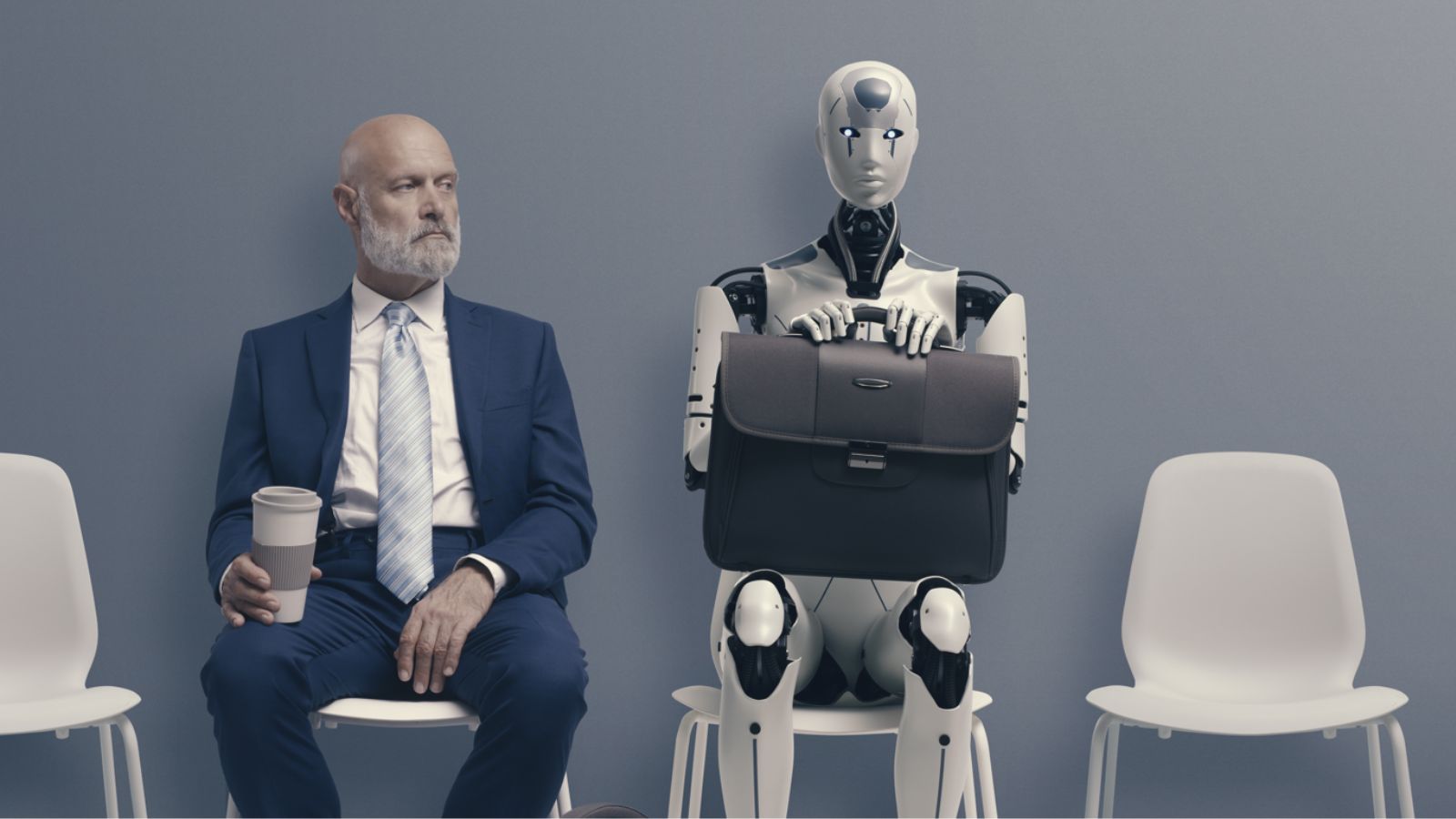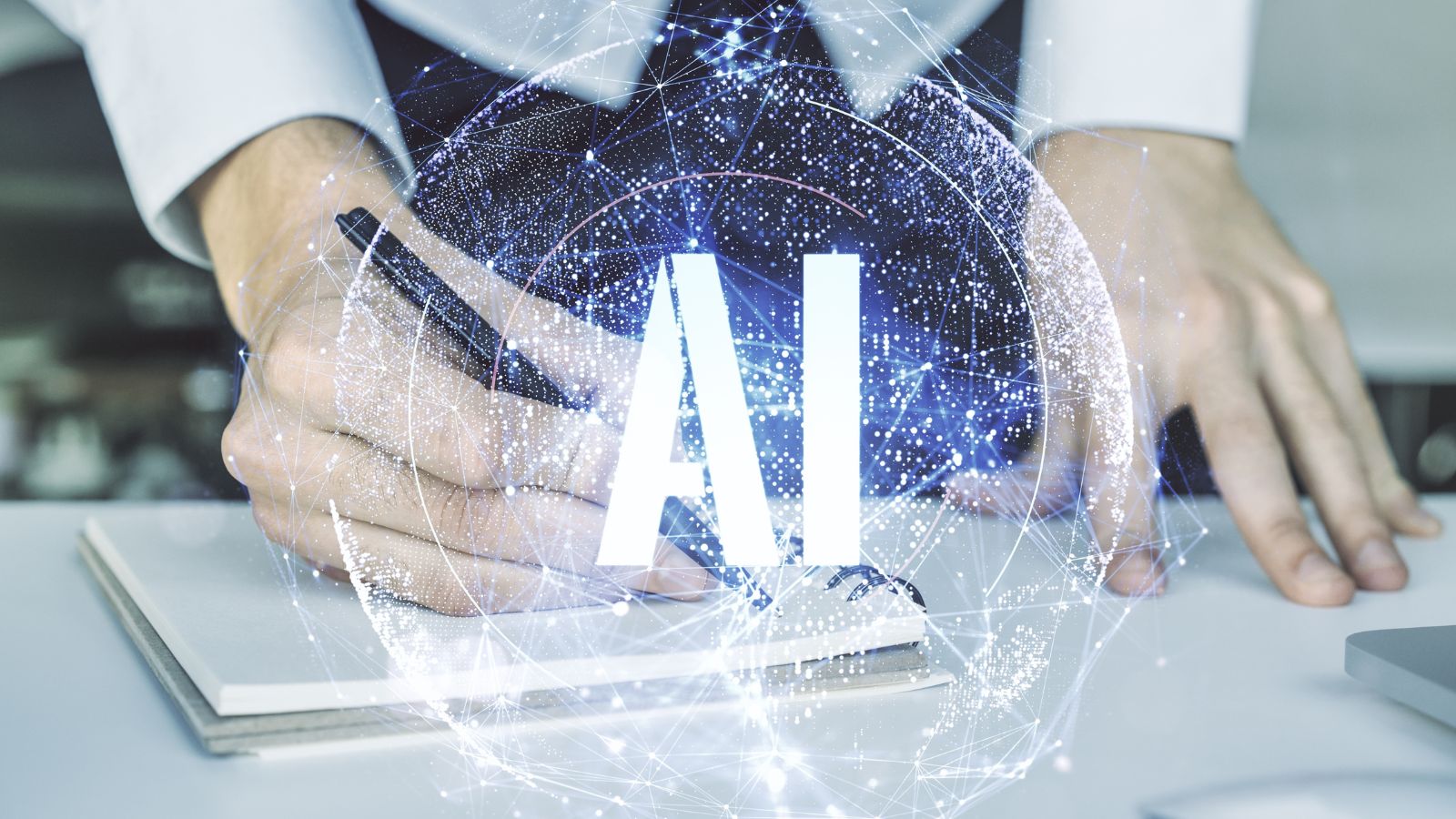In the bustling world of modern technology, it seems that a rising tide of apprehension is washing over US workers, particularly those armed with a college degree. This morphing landscape is igniting fears that the accelerating march of technology might render your roles obsolete. The unsettling whispers of job insecurity due to technological upheaval have grown progressively louder over the past few years, spurring a collective unease among you all.
The Rising Fear Among US Workers

In a ballooning economy crammed with innovation, you’d think US workers would be breathing a sigh of relief. Think again- recent data paints a worryingly different picture. It appears that the veil has lifted on the potential threat that technology holds over the near future of the labor market. The growing unrest among US workers has steadily magnified, shifting from a manageable concern to a looming dread. A recent Gallup survey reveals a rising concern among US workers about their career longevity due to technological advancements. 22% of these workers fear that technology will make their jobs obsolete. This is a notable increase from 15% just two years ago, indicating that more workers are becoming aware of the potential risk tech advancements pose to their careers.
College-Educated Workers More Concerned

Interestingly, the study indicated that trepidation is more common among workers with a college degree. The percentage of university-educated workers voicing their concerns has seen a dramatic increase, halving the gap that previously existed with non-college-educated workers. While the latter’s worry level still sits comfortably just above 20% and has remained fairly stable, the concern among college-educated personnel has effectively doubled.
The Impact of AI Advancements

With the introduction of advanced artificial intelligence (AI) technologies like OpenAI’s ChatGPT, a sense of concern has emerged among highly skilled white-collar workers. These technologies, which are capable of automating processes and tasks, represent an advancement that could drastically alter the working landscape. Recent estimations from McKinsey suggest that automation may affect up to 70% of global work hours. This immense potential shift raises questions about job security and career longevity, especially for those in sectors heavily influenced by technology.
Mixed Feelings

Automation, while phenomenal in boosting productivity, has raised an eyebrow or two about its implications for human labor. Workers perceive automation as both a blessing and a curse – a helpful tool that might one day rise to replace them. However, the dawn of a new era in automation isn’t quite ringing alarm bells for everyone just yet. A surprising number of folks are seemingly unfazed, not expecting to witness this revolution at their doorstep anytime soon. In fact, based on the discerning insights from Gallup’s data, a meager quarter of the working populace anticipates feeling this wave of automation in the foreseeable future.
Facing the Future: College-Educated Workers’ Fear of Obsolescence

According to Lydia Saad, the Director of US Social Research at Gallup, the fear of becoming obsolete is a rapidly growing concern among college-educated workers. This fear, it seems, may only intensify in the coming years. What’s sparking this unease? Well, it’s primarily driven by the relentless advancement of technology, and the increasingly pivotal role artificial intelligence (AI) is playing in business processes. This is not just a passing trend; it’s a transformative wave that could have far-reaching effects on the workforce as we know it.
The Robot Replacement?

Let’s look at some key findings from various studies, that give us an idea about how advances in artificial intelligence (AI) might impact our future job opportunities. A recent Gallup survey suggests that AI replacing jobs is unlikely in the near future. How do we know this? Surprisingly, only 16% of Fortune 500 HR Leaders predict AI will change jobs in their companies in the next year.
But don’t let that small percentage make you too comfortable. If we look farther into the future, the predictions become more alarming. When asked about job displacement from AI in the next three years, a massive 72% of HR leaders believe it could become a real challenge. These forecasts add to the growing worry about jobs becoming obsolete due to technological advancements.
Fear in Hollywood Amid Rising AI Influences

The growing presence of artificial intelligence (AI) has created a stir among Hollywood professionals, some of whom are worried about the possible negative impacts. These individuals are not taking this lightly. They’re actively participating in union discussions, seeking better pay, job stability, and protection from AI’s potential threat to their work.
AI has indeed become a significant topic in a workplace environment that’s swiftly shifting toward automation and digitization.
Workforce Optimism Amid Growing Fear

It’s essential to point out that concerns about technology replacing jobs are gaining momentum. However, the fear of cuts in salaries, hours, or benefits hasn’t significantly shifted since 2021. This gives us a hint that faith in the job market hasn’t completely fizzled out. Even with the pressing threat of AI ousting jobs, the general mood among workers communicates enduring faith in the job framework and a capacity to adjust. This remains a promising signal for the solidity of the labor market.
The Gender Gap

Recent data from Gallup highlights a common fear among both genders regarding job displacement due to new technological advancements. It’s intriguing that although both men and women share this concern, women may face higher risk. A report by Revelio Labs confirms this notion. According to their findings, roles most at risk from Artificial Intelligence (AI) are, quite surprisingly, primarily occupied by women.
A Blind Spot Among Workers

As worries about AI’s impact on the job market increase, we’re spotting a strange trend in the worker mindset. While most agree AI is set for a huge shakeup in employment, many don’t think it will impact their own job security. There’s a clear gap between how people see AI affecting jobs in general and how they view it affecting their own. It shows we need to boost awareness and get ready within the workforce.
“Men Can’t Give Birth”: Transgender Man Proves Transphobes Wrong and Gives Birth to Daughter

Upon discovering his partner couldn’t have children, Caleb – a transgender man from the UK – paused his transition to become pregnant.
“Men Can’t Give Birth”: Transgender Man Proves Transphobes Wrong and Gives Birth to Daughter
“This Lake is For Residents Only” Company Sacks Worker After She Questions Black Fisherman in Viral TikTok

Tanya, who was formerly an independent contractor, found herself in hot water when she appeared in a TikTok video that quickly gained widespread attention. Her actions in this viral video led to a shocking conclusion – the loss of her job.
“If He Thinks He’ll Be Able to Talk to You, He’s Way More Likely to Leave You Alone”: Woman Obtains Fake Phone Number to Trick Men

A woman on TikTok has shared a trick she uses to fool men into thinking they have her number.
“It’s Like the World Thinks Dads Are Children”: Mom Slams Hypocrisy as Husband’s Parenting Wins Praise for Taking Kids Out of the House

Emily Belson, a mother from Maryland, recently posted a TikTok criticizing the double standards when it comes to parenting.
